Where The Road Ends
- At March 17, 2014
- By Rosemary Wright
- In Guest Writers
 9
9
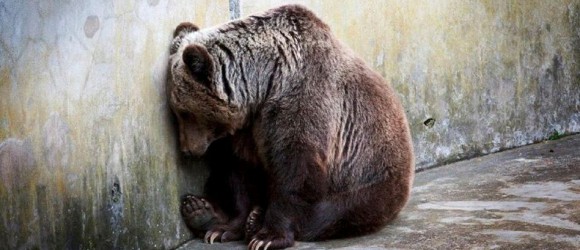
Where The Road Ends
“Auschwitz begins whenever someone looks at a slaughterhouse and thinks – they are only animals.”
Theodor. W. Adorno
Where The Road Ends – we all know that for most animals – the road ends in a terrifying and appallingly cruel death. No animal wants to die. They are dragged – pushed – prodded and beaten – resisting every step of the way. Sadly – humans have been so “numbed” by corporate marketing – to the pain of animals – that they simply look the other way! Unwilling to care that we KILL them by the “billions” …
Mark Stewart has written another of his thought-provoking posts – this time on “speciesism” .
Speciesism may be an awkward word, it doesn’t roll off the tongue very easily, but it describes a form of ingrained discrimination that the majority of people practice on a daily basis. So it seems fair to ask where this pervasive and powerful notion come from.
Certainly from ancient lore, from scriptures and fairy tales. But the notion now seems written into our very DNA, the idea (or conceit) that we occupy the pinnacle of the food chain – and evolution itself – and can therefore do as we please with other creatures.
We can hunt and slaughter virtually at will, driving one species after another into the abyss of extinction, and think nothing of it. Or, if we consider our behaviour at all, we comfort ourselves with the fanciful idea, the fiction, that we can retrieve these species through scraps of DNA locked in amber.
Thus we can bring back the once mighty mammoth, presumably so we can slaughter such animals all over again with new mechanised weapons. How many animals would want to be brought back to face Mankind again? I suspect the answer is precious few. Better oblivion than the tender mercies of the cleverest and most murderous of the apes.
For many creatures the industrial revolution was the beginning of the end, the point at which husbandry gave way to exploitation. The abattoirs went from being powered by human muscle to being driven by machines. The global conveyor belt of meat hooks has been busy ever since, racking up a tally that dwarfs any human holocaust. No one person could live long enough to count the sum total of the animal dead. It would take endless generations to do that.
The unending animal holocaust:
A downed dairy cow receives a nod of compassion from the only being that can understand her pain, her sister slave.
How is it that so many of us can turn a blind eye to it all? Why do so few break free of the conditioning? The sterile packages of meat on the supermarket shelves seem far removed from the killing sheds. Indeed, we are encouraged not to think about the connection at all, to take solace in deceptive and meaningless words such as “organic,” “corn fed” and “free range.” Those same antiseptic packages are dripping with blood. And worse.
And yet, if you could follow the trail back to the slaughterhouse would you still buy that piece of meat, that pint of milk, that cartoon of eggs?
Many people prefer not to think about where their meat and dairy purchases come from. To carry on tucking into the turkey at Christmas, the chicken sandwich at lunchtime, the beef curry for dinner. We are conditioned from a young age not to think about the true cost of eating dead animals.
Even if the meat we’re eating comes from animals that have to be fed a diet of antibiotics to keep them alive, so appalling are the conditions in which they exist. One cannot say the conditions in which they live, for a life of captivity and pain is no life at all but rather a living death. And if the abject suffering of these animals reminds you of the plight of human beings in concentration camps then so it should.
It is time to open the gates to those camps, to the barns and the sheds and the pens and the cages, and to let go of our darker natures. To stop torturing our fellow animals just so we can eat burgers and nuggets. The food may be fast but the death of the animals who provided the meat is always slow and agonising, a long drawn-out torment.
Can we call ourselves civilised when our civilisation is built upon so much suffering? Or are we more likely to be revealed, in the balance of any sober and objective judgement, as cold blooded killers, as extinctionists.
If the animals of Earth could speak with a single voice, they would only have one question for humanity: where was your compassion?
When there are no more fish in the sea, no more birds in the sky, and no more animals on the land, what then? Do we start to eat each other? Is cannibalism the end of the road for humanity? And will it come much sooner than we all think?
Mark Stewart
March 2014
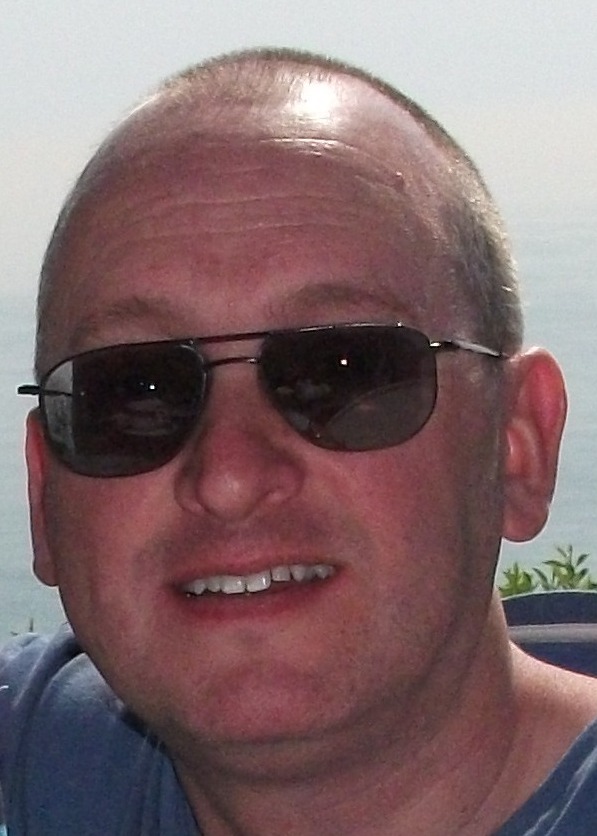
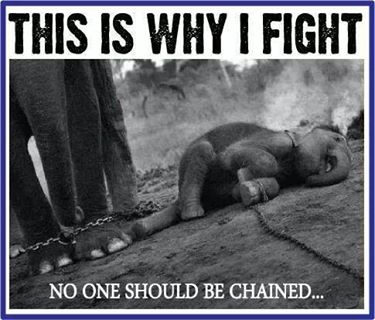
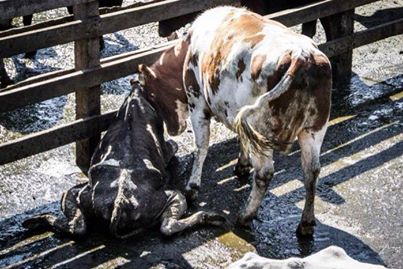
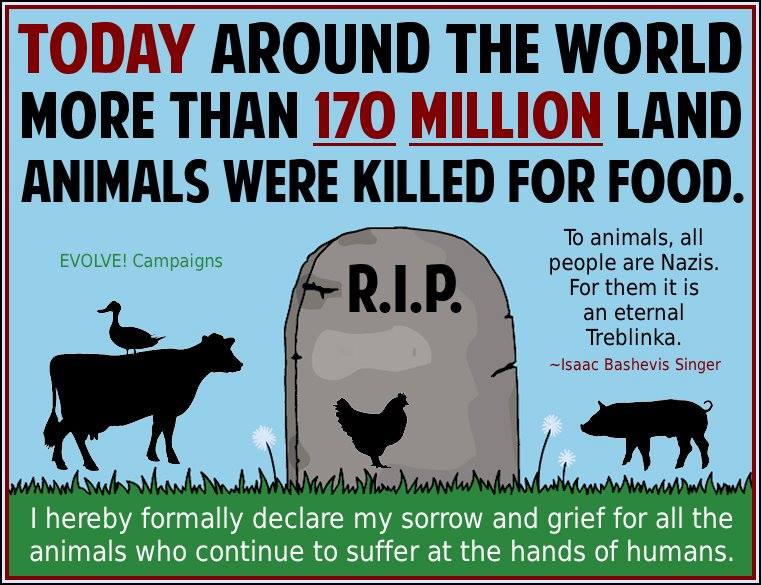
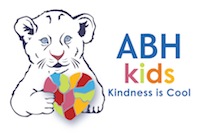
Follow – A BEATING HEART